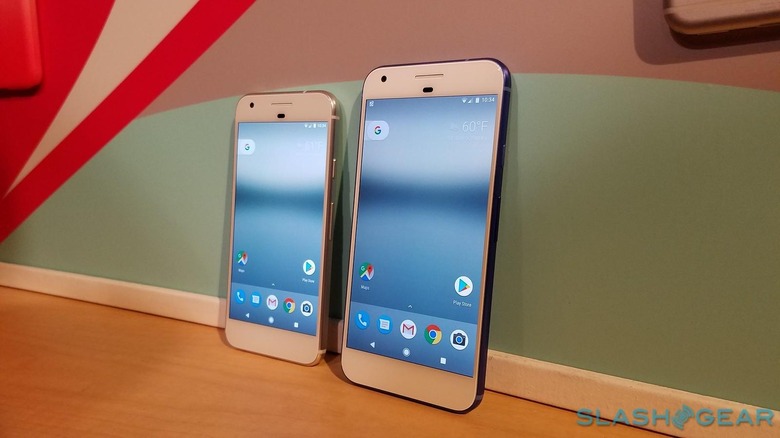What the Google Pixel means for the future of Android
By all accounts, the new Pixel smartphones "Made by Google" should be the Android smartphone that the Android faithful should be rooting for. Though the design choice might be a bit debatable, the Pixel boasts of features, not to mention a price, on par with this year's flagship models. It does, in all fairness, put Google's best Android foot forward. And yet almost ironically, the Google Pixel is inducing ambivalence and uncertainty, sometimes even from the same reviewer. And it's not because of what the smartphone itself has but because of the narrative behind it that could drive Android's future in the mobile industry.
What you’re getting
First, let's ramble off the features you'll be getting with a purchase of a Pixel or Pixel. While some things vary depending on which model, like screen size and resolution, battery size, etc., you will mostly be getting the same core set of features whichever you choose. That includes a Qualcomm Snapdragon 821, 4 GB of RAM, up to 128 GB of storage, so on and so forth.
Google, however, wants to turn your eyes away from the spec sheet. In fact, it barely made mention of those in its press event, except when talking about the features it really wants you to pay attention to. On the hardware side, that includes the 12.3 megapixel camera that DxOMark has just crowned as the best of the best, in no small part thanks to its almost magical video stabilization without the use of an optical image stabilizer.
Things take an almost wild turn when it comes to software though. Sure, you will be running Android 7.1 Nougat, but Google almost wants you to forget that. Instead, it wants you to feel like you are using a Google phone. Google branding, Google chat apps (Duo and Allo), Google Photos and Google Cloud and, of course, the all new Google Assistant.
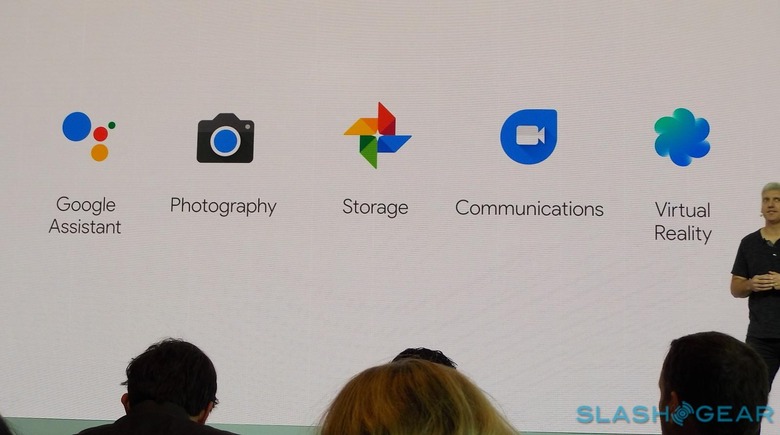
That last one is, in fact, the centerpiece of Google's October announcement, almost to the point that the Pixel merely becomes the vehicle on which Google Assistant arrives in your hands. AI and machine learning is Google's future computing vision, and, admittedly, nowhere does it really say it has to be running on Android.
Google as Samsung and Apple
While the Google Pixel may almost sound like a Nexus smartphone on paper, everything that Google is doing and saying wants to set those two apart. In the most drastic case, that even involved killing off the Nexus line indefinitely. The biggest change, however, isn't in the product itself, but in how it's being made and marketed.
In a nutshell, Google has become an OEM. It is the "seller on record" of the Pixel. It has seen the value of a business model that resembles Apple's iPhone strategy. And in doing so, it has practically pitted itself against its own hardware partners. As far as Android smartphones are concerned, Google has become a Samsung, an LG, an HTC, a Huawei. But perhaps more specifically, it has become an Apple, making not only the software platform but the very device it runs on. Sure, Google isn't itself doing the production, just as Apple outsources those stages to companies like Foxconn. But for all intents and purposes, it is the Pixel's creator. And, this time, it is calling all the shots.
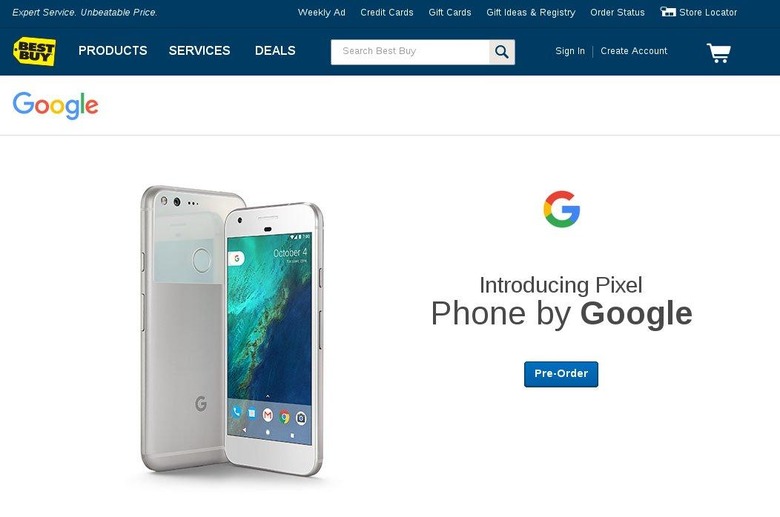
From a business perspective, Google's problem with the Android ecosystem is that there are just too many cooks in the kitchen. Even with the Nexus, where it had a bigger influence, it still had to meet its OEM partner half way. Not so with the Pixel. This is Google, through and through. This is Google's Android smartphone. And that is where, ironically, the problem starts.
Fragmenting fragmentation
Android manufacturers are curiously silent about the Pixel. Google has, after all, put them in an awkward situation. On the one hand, the Pixel, more than a Nexus, is an obvious rival in the same space. But on the other hand, they are still dependent on Google's good graces for their own devices. Whereas OEMs would jump at the opportunity to poke fun at a rival's new product, they offer neither praise nor criticism for Google's Pixel.
Intentionally or not, and doubtful it isn't, Google has uttered fighting words against its own hardware partners in the Open Handset Alliance. Not simply because the Pixel is trying to vie for buyers' cash, but because, in the final analysis, the Pixel represents what Android should be, at least as far as Google, Android's creator, is concerned. This makes other OEM versions all but shadows and broken reflections of that ideal.
This is a subtle yet critical difference in the message that the Nexus program conveyed. While the Nexus smartphones usually did sport the best of the best in hardware, they were seen more as reference devices than actual premium products. The software, in particular, was bare by design. Without OEM or carrier bloat, but with very little Google bloat as well. The fact that it had appealed more to power users, modders, and tinkerers only reinforces the Nexus' image of being more of a "geek toy" than, say, an iPhone killer. The Pixel, on the other hand, seems to be the complete opposite.
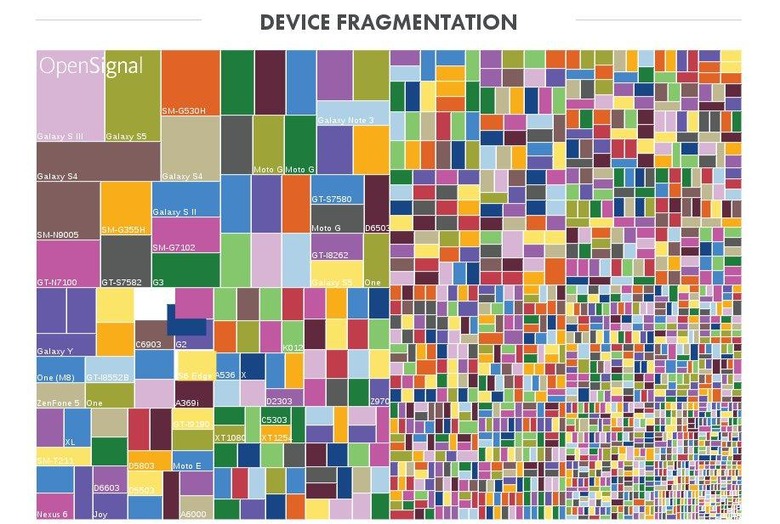
As Google's very own Android smartphone, the Pixel, perhaps, is the answer to the long criticized fragmentation problem of Android. It could be the Google Android phone to rule them all. In reality, however, it could have the exact opposite effect.
The Pixel set itself apart from other Android smartphones and, in doing so, set itself against them. In the long run, this will force OEMs to implement their own features to replace those that Google won't actually be providing to other Android devices, even those that will run Android 7.1 as well. On the one hand, it could drive innovation into features and use cases otherwise unexplored, helping break the smartphone market's lull. On the other hand, it could further drive OEM version further apart, just like in the earliest days of Android.
Google didn't create a standard Android smartphone. It created another standard.

(Image courtesy of XKCD)
Closed openness
One of Android's biggest strengths is also its biggest weakness. Its openness helped drive adoption, experimentation, innovation, and diversity. It also created the ugly fragmentation mess we see today. To some extent, the Nexus attempted to address that issue by providing a model where, like Apple, Google could push updates as soon and as much as it wants. The Pixel could be an even stronger push in that direction, with Google in control of everything. That control, however, might bet at the expense of openness. The Pixel didn't just kill off the Nexus in terms of product availability and market, it may have also killed its spirit.
The Nexus has always been the most open Android devices in the market. Short of actually providing official rooting methods, Google gave developers everything they needed to hack the device. While still sold and marketed as a consumer product, the Nexus, in truth, was practically a developer device. It valued openness highly and invited anyone who can to dive inside it. There is nothing about the Google Pixel that hints at that characteristic. In fact, everything about the Google reeks of proprietary features.
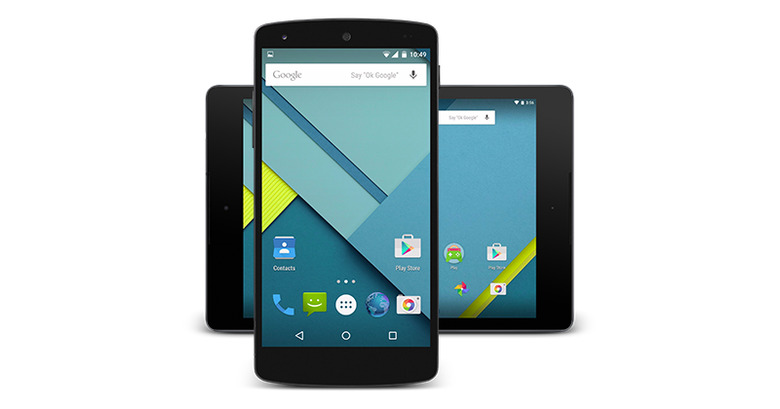
A changelog leaked earlier showed which features in Android 7.1 are going to be exclusive to the Pixel. Unsurprisingly, those are the very features that make the Pixel even worthwhile. If those features ever became common, the Pixel would have lost its commercial edge and would become yet another Nexus, just with a different name. And no doubt, that has already caused a stir among Android's staunchest and most vocal allies: open source developers and fans
There was no small amount of outcry back when Google started replacing AOSP (Android Open Source Project) apps with its own proprietary suite in Nexus and Google Play Edition devices. Those up in arms felt it was an affront to the open source friendliness and simplicity of the Nexus spirit. That has since then died down and people have come to accept Google's decision, simply replacing the default Nexus firmware with a custom ROM of their choice. After all, Google made it easy to do so.
The Pixel, however, goes over and beyond that. In addition to your staple of Google apps, it puts Google Assistant, Duo, Allo, Photos, and Cloud right at the center of the Pixel experience. And Google Assistant and some of the cloud backup options are completely unique to the Pixel. No other Android smartphone will have it. At least for now. Maybe Google will eventually launch them to the whole Android world, but it would then lose its bargaining chip for future Pixel smartphones. Chances are, it isn't in a hurry to do so.
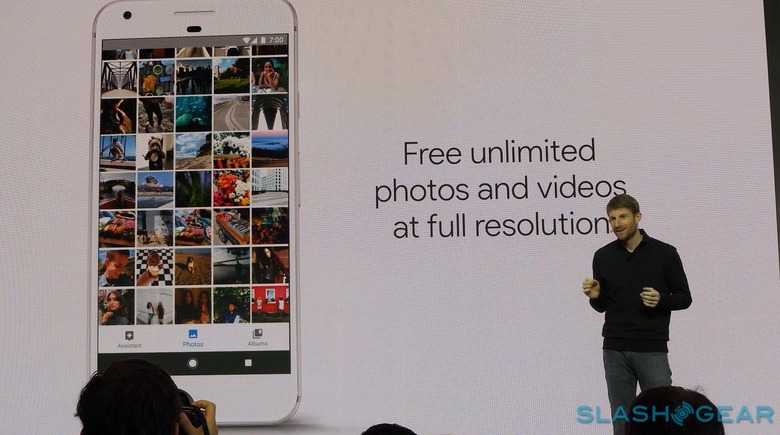
There is also no indication of how hackable the Pixel smartphones will be. No hint of factory images, unlockable bootloaders, and all the other puzzle pieces needed to easily develop custom ROMs for the device. Given the proprietary bits that are critical to the Pixel's success, it is almost unlikely that Google will make it as easy as a Nexus. And even if it does, some exclusive features might not make it to those third-party Android ROMs. They might be better of getting other smartphones for hacking.
This could very well be Google's vision of what it takes to make Android compete with the iPhone head on, and it's not a very open vision at that.
Maybe nothing
Of course, at this very early point in time, all of these is pretty much like reading between the lines and predicting the future. Maybe Google has answers to these questions simply waiting for product launch and a Reddit AMA. Or maybe these are the very same answers it will give. There's also a chance, equally high, that nothing will happen at all. That the Pixel, for all its worth, would suffer the same fate as a Nexus.
Google is clearly doing things differently to set the Pixel apart from the market failure that was the Nexus. And yet those things still aren't enough to put it on the same level as other OEMs like Samsung, much less Apple. Availability, even in the US, is still limited, especially now that Google has made the Pixel a Verizon exclusive. There aren't any Google retail stores around the world, and it barely has retail partners to start selling the smartphone everywhere. It may adequately compete with Galaxies and iPhones in terms of mindshare, advertising, and publicity, but when it comes to actually buying one, most consumers will be out of luck.
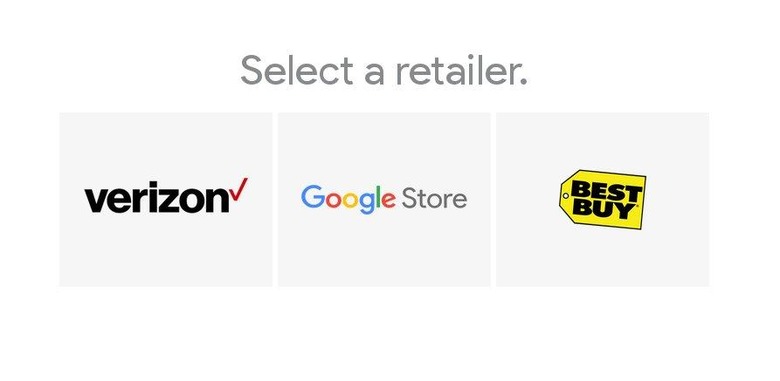
The Pixel might also not have any effect on the Android ecosystem, at least not immediately. It might have made it even worse, as earlier argued. The problem of fragmentation won't really be solved by adding yet another fragment. At best, the Pixel will only solve it in its little corner, pretty much like the Nexus.
Worst case scenario, the Pixel actually drives manufacturers away from Android. Samsung has long been wary of Google's control over the platform and has even said so in numerous occasions. In hindsight, its investment in a Plan B like Tizen may look a bit prophetic. Then again, Samsung has problems of is own to deal with right now and can't really afford to be bogged down by an Android versus Tizen debate.
Wrap-up: Episode 7.0
Android SVP Horishi Lockheimer wasn't kidding after all when he teased about how momentous its announcement would be. It's debatable, however, whether he meant it this way. Google's purpose was clearly to push a new kind of computing forward, one that put AI inside your smartphone. It does start a new chapter in Android history, but for more reasons than this.
It is too early to say with conviction how deeply invested Google is in this new image of Android. After all, the company has been known to invest a lot of money, time, effort, and marketing in products they will eventually axe, even hardware ones. Whether or not the Pixel is going to be a one-time adventure will largely depend on how better it fares in the market, compared to Nexus, and how receptive the Android community will be to the slight change in Google's message. At the very least, it seems to have gotten people talking and debating about Google's ultimate plan for the future of Android on the smartphone.
